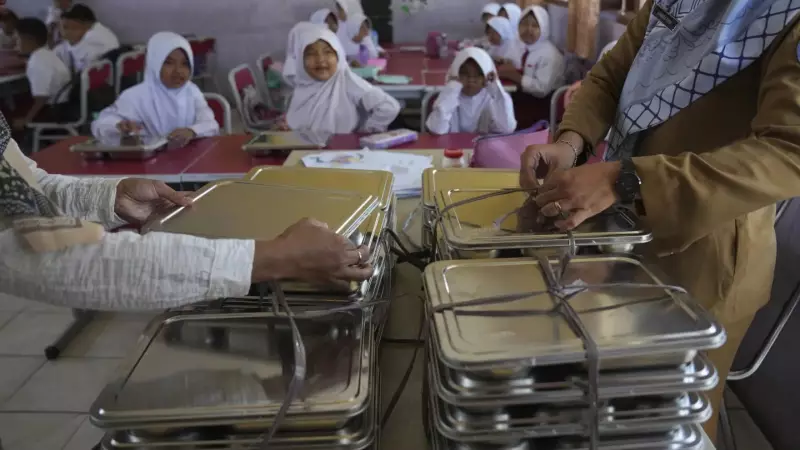
In a disturbing incident that has shaken the nation's faith in welfare programmes, a government-sponsored free school lunch initiative meant to nourish underprivileged children has instead triggered a massive health crisis. Thousands of young students across multiple schools have fallen violently ill after consuming contaminated meals, exposing critical gaps in food safety protocols.
The Outbreak: A Nationwide Health Emergency
What began as isolated cases of stomach discomfort quickly escalated into a full-blown medical emergency. Children as young as five began exhibiting severe symptoms including vomiting, diarrhoea, high fever, and dehydration. Hospital emergency wards filled to capacity as panicked parents rushed their ailing children for medical attention.
Systemic Failures Exposed
Preliminary investigations point to multiple breakdowns in the food supply chain:
- Compromised Ingredients: Suspected contamination of raw materials including grains and vegetables
- Poor Hygiene Standards: Inadequate kitchen cleanliness and food handling practices
- Storage Issues: Improper temperature control leading to bacterial growth
- Quality Control Lapses: Insufficient monitoring of food preparation processes
The Human Cost: Children Bear the Brunt
Behind the staggering statistics are heartbreaking stories of suffering. Many children from economically disadvantaged families rely on these school meals as their primary source of nutrition. The very programme designed to support their health and education has instead become a source of trauma and physical distress.
Government Response and Accountability
Authorities have launched urgent investigations into the incident, with promises of strict action against those responsible. Immediate measures include:
- Temporary suspension of the feeding programme in affected areas
- Comprehensive medical care for all affected children
- Review and strengthening of food safety protocols
- Enhanced monitoring systems for meal preparation
Broader Implications for Public Health
This incident raises serious questions about the implementation of large-scale feeding programmes in India. While the midday meal scheme has been instrumental in improving school attendance and combating malnutrition, this crisis highlights the urgent need for robust quality assurance mechanisms.
As the nation watches with concern, the priority remains ensuring the complete recovery of affected children and restoring parental confidence in essential welfare programmes that millions of Indian families depend upon.





